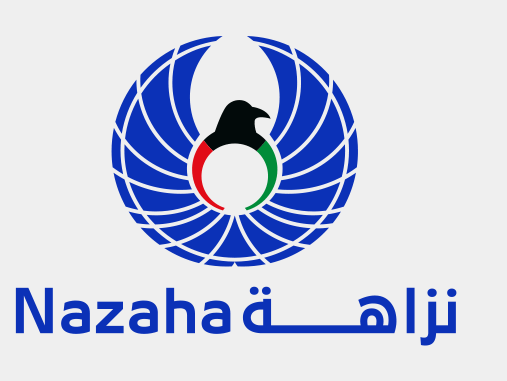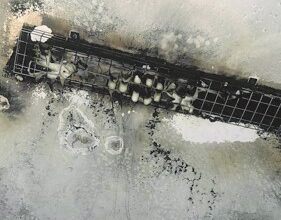Kuwait amends anti-corruption law to expand scope and modernize oversight

Kuwait has issued Decree-Law No. 69 of 2025, introducing amendments to Law No. 2 of 2016, which governs the establishment and operations of the Public Authority for Combating Corruption (Nazaha) and outlines the framework for financial disclosure requirements.
According to the explanatory memorandum published in the official gazette Kuwait Alyawm, the changes are part of efforts to “reinforce transparency, integrity, and support national initiatives to combat corruption.”
The decree addresses legal and practical gaps uncovered during the implementation of the original law and aims to align the legal framework with recent developments.
The following are the key to the decree:
Expansion of Jurisdiction — New categories of individuals will now fall under the law’s purview, broadening the scope of anti-corruption oversight.
Cooperative Society Crimes Now Considered Corruption — Crimes listed under Decree-Law No. 24 of 1979 on cooperative societies are now classified as corruption offenses.
New Board Structure — A Board of Directors has been established for the Authority, consisting of five members: the chairman, deputy chairman, and three full-time members.
Authority to Dismiss Non-Compliant Reports — The Authority’s board can dismiss reports that do not meet submission standards by majority vote, with the right to appeal decisions by the investigating body that dismiss reports.
Whistleblower Protection Strengthened — Whistleblower identities and information are confidential, and may only be disclosed to investigative authorities upon formal request or with written consent from the whistleblower.
Digital Financial Disclosure — The Authority is now authorized to accept financial disclosure statements electronically, enhancing efficiency and accessibility.
Exclusive Jurisdiction for Public Prosecution — Only the Public Prosecution has the authority to investigate, prosecute, or take action in cases involving Authority employees in connection with their official duties. The Board must be informed of investigation timelines and actions.
Settlement for Disclosure Delays — A new provision allows for settlements in cases involving delays in submitting financial disclosures, provided that the individual complies within a specified timeframe and pays the required fees—introducing flexibility without undermining justice.
These amendments reflect Kuwait’s ongoing commitment to institutional reform and its efforts to bolster integrity across public and cooperative sectors.













